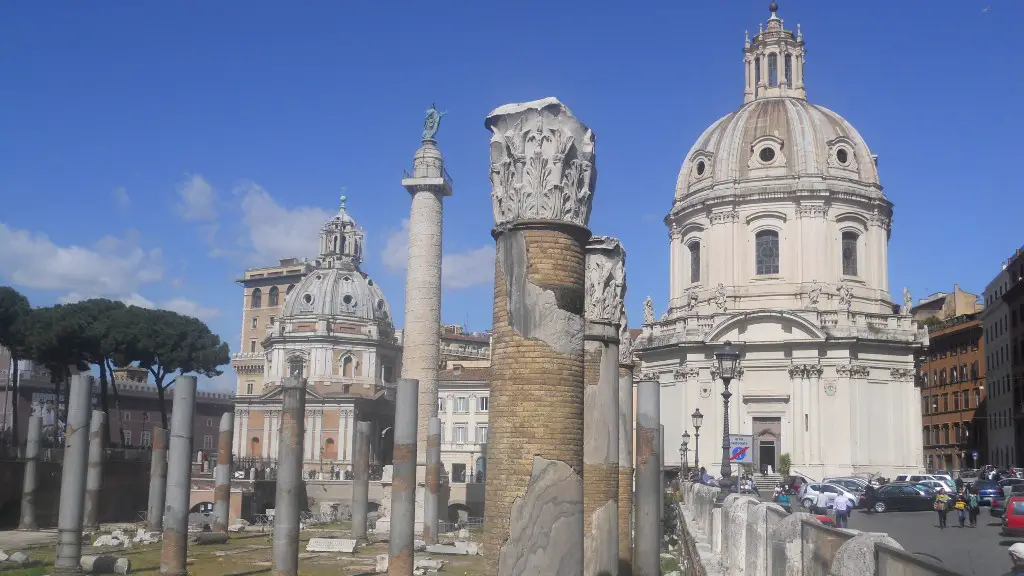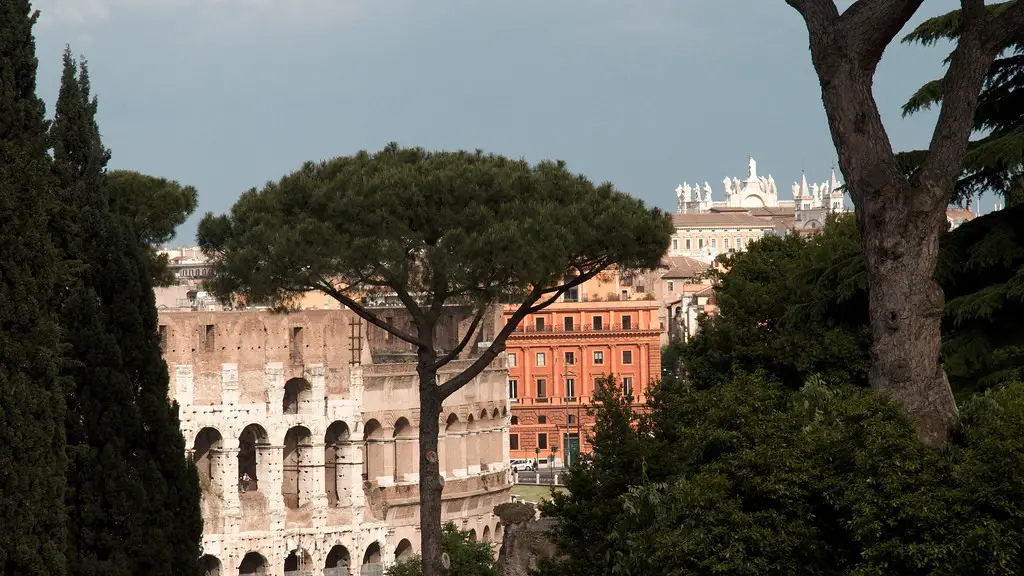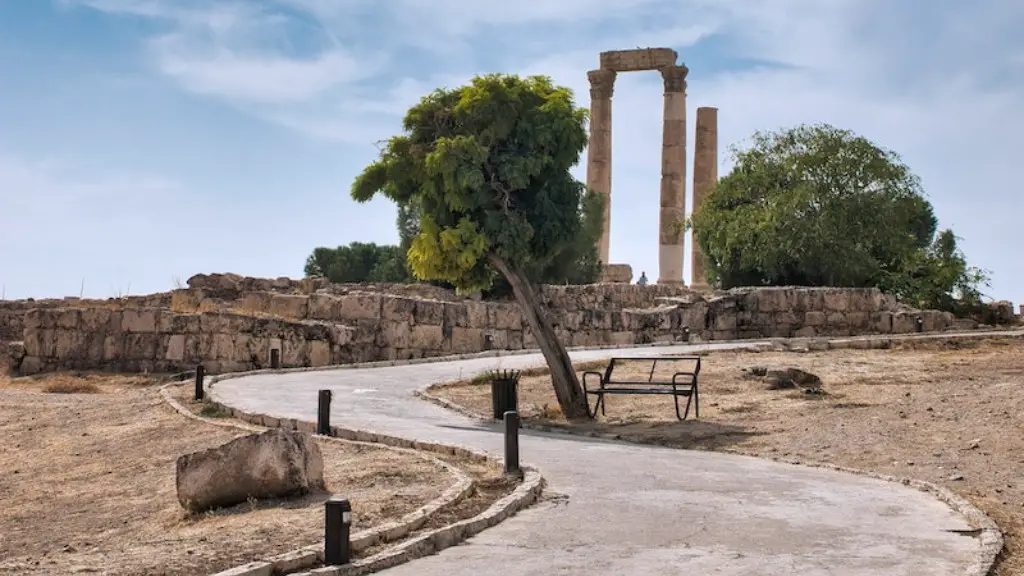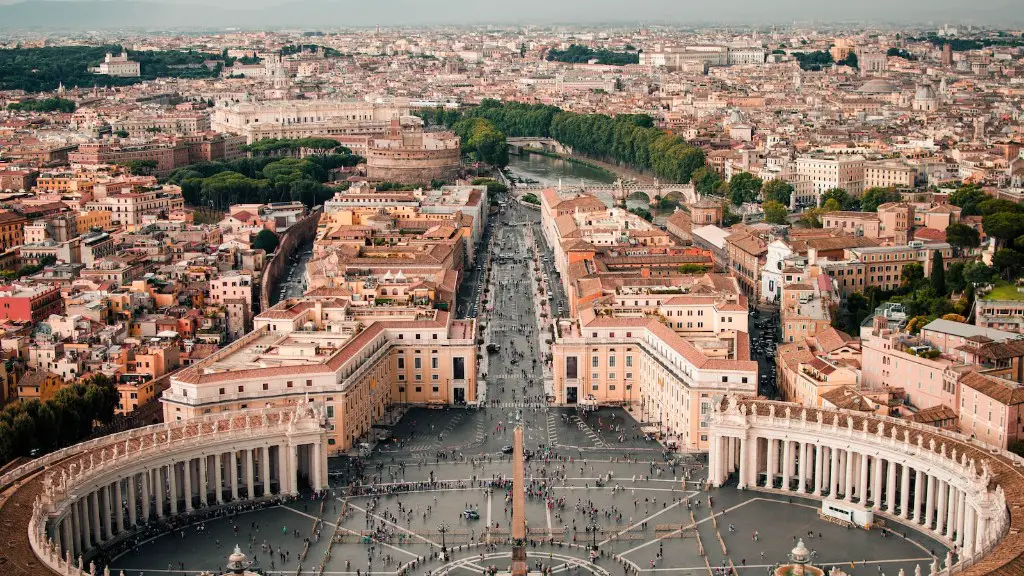What is Ancient Rome?
Ancient Rome is a legendary civilization that rose to be a major world power in the ancient world. It lasted for over 1200 years, from 753 BC until 476 AD when it fell to the Germanic tribes. Ancient Rome, which was built upon the ruins of a small village, was a key political, economic, military, and cultural center in Europe, the Mediterranean basin, and beyond. Its cultural, commercial and political influence was immense and flourished for centuries. From its inception, Rome was the seat of power for many great civilizations and empires of the ancient world including the Egyptians, Greeks, and Chinese to name but a few.
History of Ancient Rome
Ancient Rome is one of the most studied civilizations in history. Its history is packed with memorable characters such as Julius Caesar, Nero, and Augustus Caesar. Ancient Rome was founded by the Romans in 753 BC, on the banks of the Tiber River, in what is now modern-day Italy. The city of Rome quickly grew in size and began to expand its influence throughout Italy and the Mediterranean basin. In 509 BC, the Roman Republic was created and it quickly rose in power and influence.
The Roman Republic continued to grow and expand its influence, becoming a major power in the Mediterranean. It eventually became an empire in 27 BC under Augustus Caesar, who became the first emperor. Augustus consolidated the empire and established many reforms. By the early 2nd century AD, the Roman Empire was the dominant superpower in Europe, North Africa, and the Middle East. Under Augustus and the subsequent Roman emperors, Rome was a major center of culture, art, science, and religion.
Fall of Ancient Rome
The Roman Empire lasted for centuries, but it eventually succumbed to a variety of factors such as internal political strife, a weak currency, military defeats, and increasing pressure from the Germanic Tribes. In 476 AD, the Germanic leader Odoacer sacked Rome and the Roman Empire came to an end. It is generally agreed upon by historians that the fall of Rome marked the end of the ancient world and the beginning of the Middle Ages.
The fall of Rome profoundly impacted the entire world, bringing an end to a period of stability, prosperity, and innovation in the Mediterranean and beyond. Although many of the Romans were enslaved, there is evidence that many of their traditions and culture still live on in modern-day Italy, the Mediterranean region, and other parts of the world. The cultural, scientific, and political advances of the ancient world still influence us today.
Technology of Ancient Rome
Technology in Ancient Rome was impressive and widely used in almost every aspect of everyday life. The Roman aqueducts, which are still standing today, were constructed in order to bring water to the cities of the Roman Empire. The engineering and construction of these aqueducts was highly advanced for its time. In addition to the aqueducts, the Romans developed roads, bridges, and buildings; they had a strong military that used cutting-edge weaponry; they used baskets and carts to transport goods; and they even built ships with advanced navigational techniques.
The Roman Empire was also a major innovator in the fields of medicine and public health. The Romans adopted many of the medical practices from the Greeks, such as the use of herbs and plants for healing. They built public bathhouses and implemented public health measures that are still used today. In addition, the Romans developed a sophisticated medical system with skilled medical professionals. This medical system still lives on in the present day, as many medical practices and techniques from Ancient Rome are still being used today.
Culture of Ancient Rome
Ancient Rome has left a lasting impression on the world. Its artistic, cultural, and architectural contributions still influence the western world today. Ancient Rome is often credited with the development of the western theater and its many forms, such as comedy and tragedy. The Romans were also well known for their sculptures and architecture. They built the Coliseum, the Pantheon, and other iconic buildings that still stand today. Roman art, literature and philosophy still influence the way we think and perceive the world, even to this day.
In addition, the Romans were great believers in the rule of law and developed the concept of citizenship, which is still a crucial part of most modern societies. Ancient Rome also had a major impact on language, having produced the Latin language, which is still used in many parts of the world. Lastly, the Roman Empire was a major religious center, spawning several of the major world religions such as Christianity, Judaism, and Islam.
Legacy of Ancient Rome
Although the Roman Empire fell centuries ago, its legacy lives on. It was a major power in its time and many of its achievements still affect our lives today. The ancient Romans believed in the rule of law and citizen rights, which are some of the defining features of modern democracies. The Romans developed a sophisticated infrastructure and laid the groundwork for modern transportation systems. Many of their cultural and architectural contributions, such as the Coliseum, are iconic symbols of world heritage. Lastly, the Roman influence can still be seen in many languages, religions and ideologies.
The legacy of Ancient Rome is an important part of our history and will continue to influence the world for centuries to come.
Benefits of Ancient Rome
As one of the most influential and powerful civilizations in history, the impact of Ancient Rome is felt in many aspects of our lives. Its advances in infrastructure, engineering, and public works laid the groundwork for modern cities. Its legal system was the foundation for many of our current court systems. The Romans developed strong military strategies which are still studied and applied today. They championed technology and invented new means of transportation and communication. Lastly, their culture and art continue to inspire us to this day.
The benefits of Ancient Rome cannot be understated. Its political, legal, and military accomplishments have shaped the world we live in and continue to be studied and admired by academics and scholars alike.
Impact of Ancient Rome on Modern Society
The impact of Ancient Rome is visible in many parts of our society today. In terms of law and politics, many of our modern democracies are founded upon Roman ideas of citizen rights and the rule of law. In terms of technology and infrastructure, the advancements of the Romans is still seen in our transportation systems and communication networks. In terms of culture, many of our current art forms, literature, and architecture are inspired by Roman ideas and forms.
Overall, the impact of Ancient Rome on modern society is immense and can be felt in many aspects of our lives. It is undeniable that the Roman Empire is a foundational pillar of the modern world and will continue to be for centuries to come.
Conclusion
In conclusion, Ancient Rome was one of the most influential civilizations in history and its legacy still impacts us today. It lasted for over 12 centuries and during that time, it created a major political, economic, military, and cultural power in Europe, the Mediterranean basin, and beyond. Its cultural, commercial, and political influence can still be seen in our world today. Its law system, architecture, literature, art and religion have all left an indelible mark on the world and its many cultures. The legacy of Ancient Rome will continue to live on for centuries to come.



